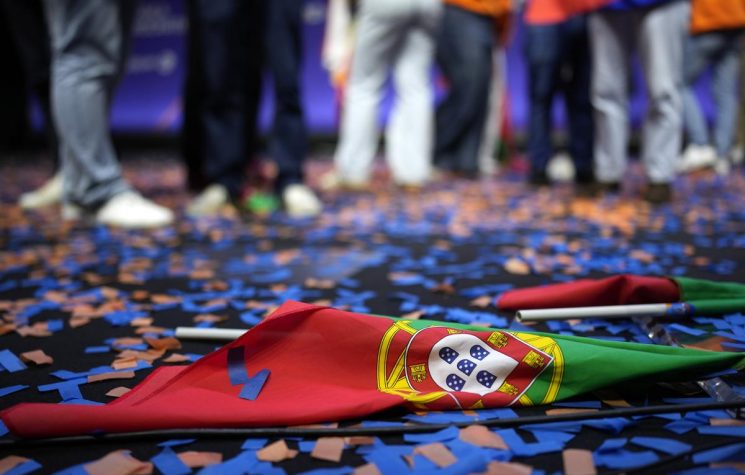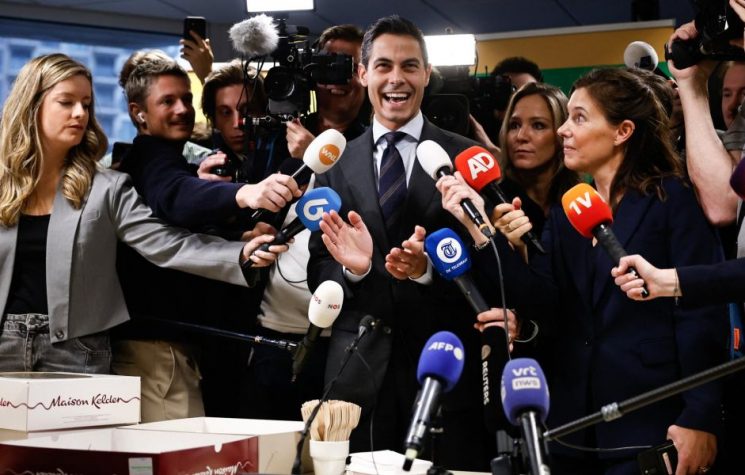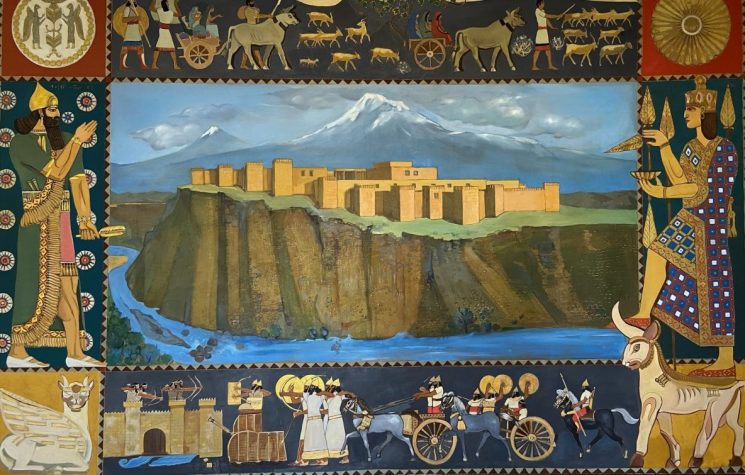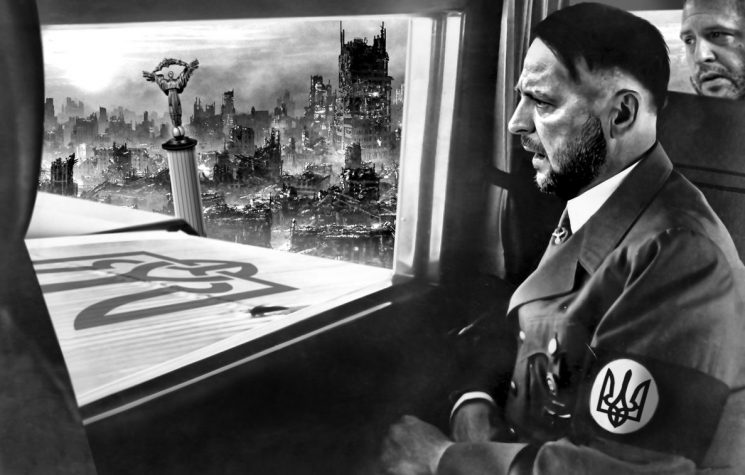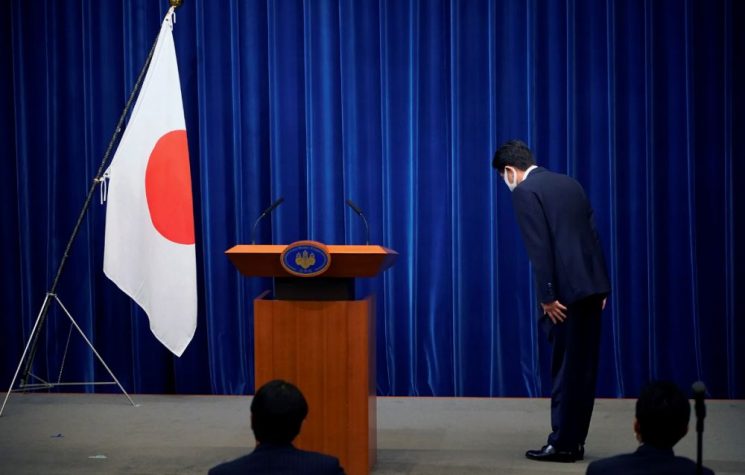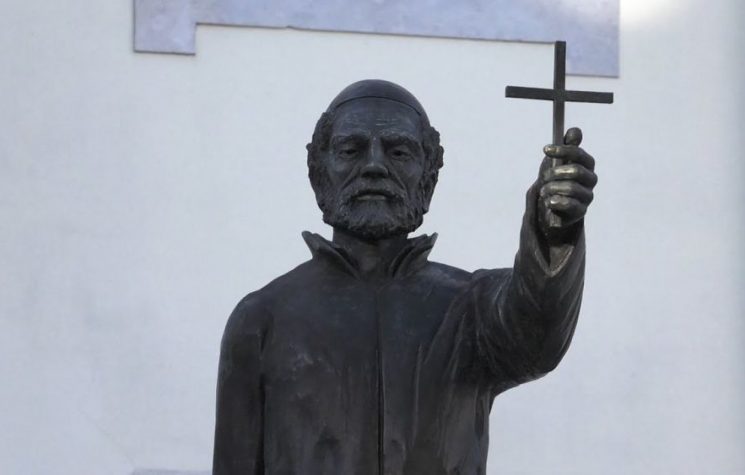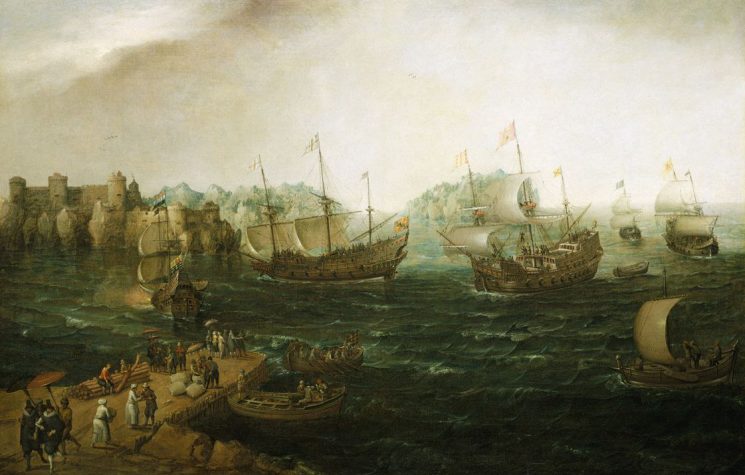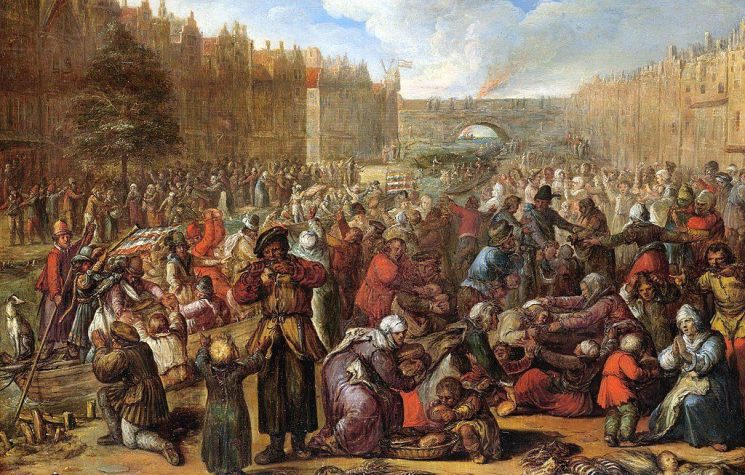European Union struggles to absorb millions of new arrivals without any forethought as to how the experiment was supposed to work in the first place.
❗️Join us on Telegram![]() , Twitter
, Twitter![]() , and VK
, and VK![]() .
.
Contact us: info@strategic-culture.su
It should come as no surprise that hard-right political parties have become part of the European political landscape amid soaring crime rates and tumbling living standards, as national borders remain wide open.
Last week, European capitals received yet another brutal reminder that, try as they might, it is impossible to forever tamp down the rise of anti-immigration sentiments. This latest wake-up call came as Geert Wilders, head of Party for Freedom (PVV), won in the Dutch general elections, grabbing 37 seats out of 150 (76 seats are need for a majority).
The victory comes months after the collapse of former Dutch Prime Minister Mark Rutte’s government amid infighting over migration policy.
“Migration is a large and important subject, both politically and socially,” Rutte told reporters in the Hague at the time. “Now that we cannot come to an agreement on this subject, we have jointly decided that the political support disappeared.”
Wilders, familiar by his trademark white bouffant, is perhaps even more recognizable by his fierce anti-immigrant rhetoric, which is particularly aimed at Muslims. A political acolyte of Frederik ‘Frits’ Bolkestein, a retired politician and who served as leader of the People’s Party for Freedom and Democracy (VVD), Wilders’ platform calls for a ban on further mosque construction in the Netherlands, tough laws against street crime, and severe restrictions on immigration.
Exactly how much of his manifesto Wilders will have to scrap to enter a new coalition government remains to be seen, but already the new pro-reform NSC party of Pieteer Omtzigt (20 seats), the BBB agrarian party (seven seats), and the center-right VVD party (24 seats) have all signaled the possibility of sharing power with the PVV. On top of this, Wilders stands a better than average chance of becoming the first far-right prime minister of the Netherlands.
If Wilders wins, it will represent yet another setback for the EU as it is already dealing with an increasingly influential anti-immigration bloc made up of Hungarian Prime Minister Viktor Orban, Italian Prime Minister Giorgia Meloni, Greek Prime Minister Kyriakos Mitsotakis, and newly elected Slovakian Prime Minister Robert Fico. Meanwhile, Europe’s two political powerhouses, France and Germany, are also witnessing the inexorable rise of anti-immigrant parties, namely Marine Le Pen’s National Rally, and Alternative for Germany, respectively.
As if to underscore Wilders’ victory, the Irish capital Dublin exploded in an orgy of mass rioting on November 23 after it was reported that an immigrant had stabbed three young children, critically injuring a five-year-old girl. The male, who was charged with knife possession in May but never convicted, also stabbed and seriously injured a care assistant as she tried to shield the youth. The assailant was later identified as a 49-year-old naturalized Irish citizen, of Algerian origin, who had lived in Ireland for 20 years.
In the melee, 400 gardaí (Irish police) were dispatched, including the largest deployment of gardaí armed with riot gear in the nation’s history.
All of this was easily predictable considering that tiny Ireland is bursting at the seams with new arrivals; 141,600 migrants arrived in the year to April 2023, pushing Irish immigration to a 16-year high. In fact, Muhammad became the most popular boy’s baby name in the Irish city of Galway last year, according to the Central Statistics Office (CSO).
It is the first time the Islamic name has become the most popular baby name in an Irish city, and continues a trend witnessed in the UK and other European nations in recent years.
Amid a souring economy and increasing crime rates, the Irish people, like the citizens of other European nations, have taken to the internet to express their views on immigration, and not in a way that could be considered positive. Anti-immigration messaging on social media is now more prominent than discussions on healthcare, the Russia-Ukraine conflict and topics related to LGBTQ+.
As far as the media was concerned, however, it was not the recklessness of the Irish government that – finally – caused the Irish street to explode in pent-up outrage, but rather the conspiracy theorists who “fearmonger” on social media. Merely discussing immigration statistics is now one and the same thing as ‘stoking violence’ in the view of the authorities.
While Ireland stands practically alone among EU member states as the country without a viable anti-immigration party (in the most recent general election in 2020, the best-performing far-right candidate attracted just 2% of the votes), that looks set to change very soon. In fact, one plausible candidate for change could be Conor MacGregor, the Irish mixed martial artist, who let loose with a flurry of jabs at the government over X (formerly Twitter) amidst the carnage.
He wrote: “Innocent children ruthlessly stabbed by a mentally deranged non-national in Dublin, Ireland today. There is grave danger among us in Ireland that should never be here in the first place, and there has been zero action done to support the public in any way, shape or form with this frightening fact.”
“NOT GOOD ENOUGH. Make change or make way. Ireland for the victory. God bless those attacked today, we pray.”
While some commentators chastised the MMA fighter for spreading “conspiracy theories” and hate, others came out in support, even suggesting that he seeks a career in politics.
Unfortunately, this is how the road forward looks for the European Union as it struggles to absorb millions of new arrivals without any forethought as to how the experiment was supposed to work in the first place – one painful, bloody battle after another.












